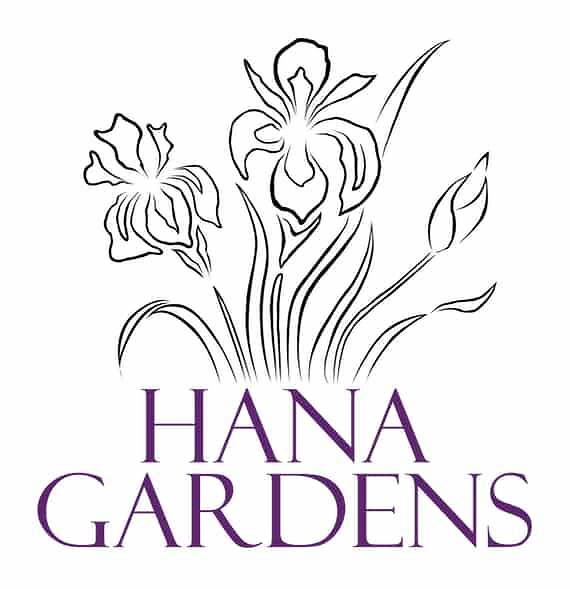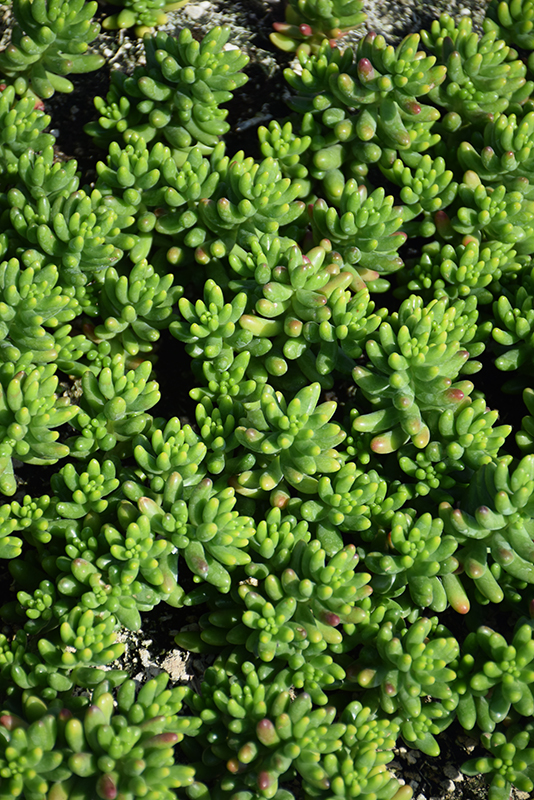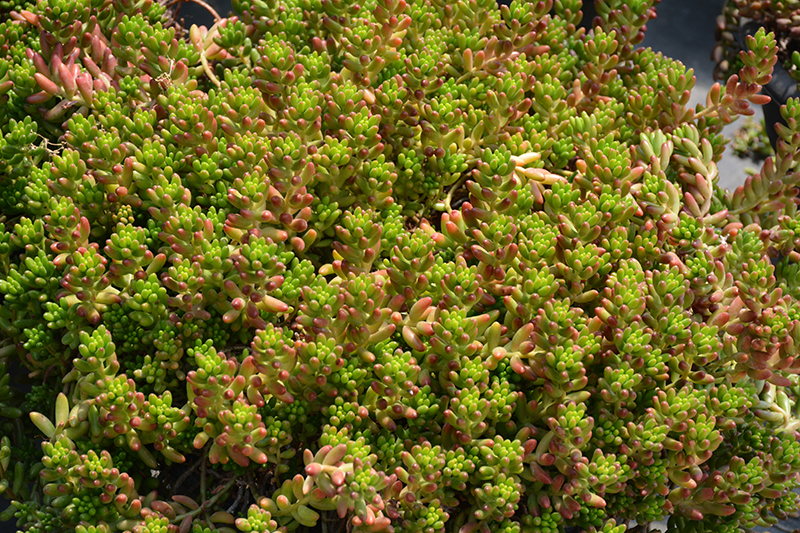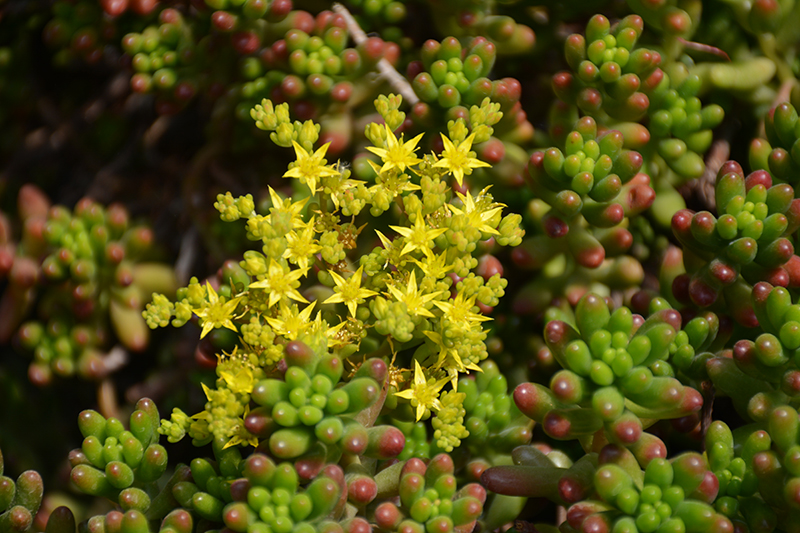Height: 6 inches Spacing: 10 inches
Sunlight:
Hardiness Zone: 9a Other Names: Pork And Beans Description: Rounded, bright, lime green leaves that take on striking red coloration in full sun; excellent for rock gardens and containers; leaves are toxic if eaten; does not tolerate frost Ornamental Features Jelly Bean Plant is bathed in stunning yellow star-shaped flowers at the ends of the stems in mid spring. Its attractive succulent round leaves remain lime green in color with showy red variegation throughout the year. Landscape Attributes Jelly Bean Plant is a dense herbaceous evergreen perennial with a ground-hugging habit of growth. It brings an extremely fine and delicate texture to the garden composition and should be used to full effect. This plant will require occasional maintenance and upkeep, and is best cleaned up in early spring before it resumes active growth for the season. Deer don't particularly care for this plant and will usually leave it alone in favor of tastier treats. It has no significant negative characteristics. Jelly Bean Plant is recommended for the following landscape applications; Planting & Growing Jelly Bean Plant will grow to be only 5 inches tall at maturity, with a spread of 14 inches. When grown in masses or used as a bedding plant, individual plants should be spaced approximately 10 inches apart. Its foliage tends to remain low and dense right to the ground. It grows at a medium rate, and under ideal conditions can be expected to live for approximately 10 years. As an evegreen perennial, this plant will typically keep its form and foliage year-round. This plant does best in full sun to partial shade. It prefers dry to average moisture levels with very well-drained soil, and will often die in standing water. It is considered to be drought-tolerant, and thus makes an ideal choice for a low-water garden or xeriscape application. Like most succulents and cacti, this plant prefers to grow in poor soils and should therefore never be fertilized. It is not particular as to soil pH, but grows best in poor soils, and is able to handle environmental salt. It is highly tolerant of urban pollution and will even thrive in inner city environments. This species is not originally from North America, and parts of it are known to be toxic to humans and animals, so care should be exercised in planting it around children and pets. It can be propagated by division. Jelly Bean Plant is a fine choice for the garden, but it is also a good selection for planting in outdoor pots and containers. Because of its spreading habit of growth, it is ideally suited for use as a 'spiller' in the 'spiller-thriller-filler' container combination; plant it near the edges where it can spill gracefully over the pot. Note that when growing plants in outdoor containers and baskets, they may require more frequent waterings than they would in the yard or garden.![]()
![]()
![]()
![]()
![]()
![]()
![]()
![]()
![]()
![]()
![]()
![]()
![]()
![]()
![]()
Plant Finder
Characteristics
Applications
Features & Attributes



